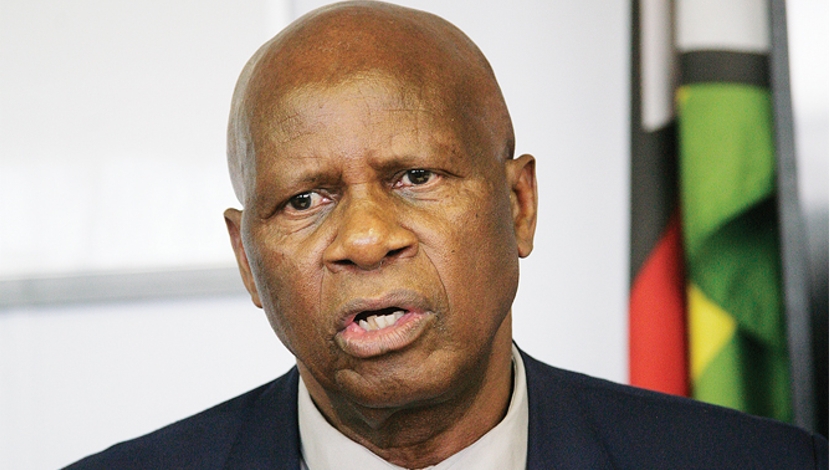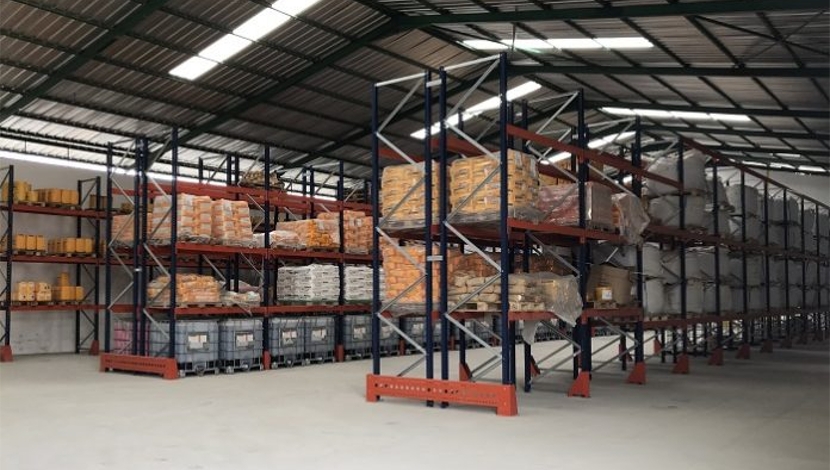
By the end of 2014, government had spent R1 trillion on developing the country’s infrastructure.
“The expenditure was in areas such as energy, water infrastructure, sanitation, rail, road-based public transport, and hospital revitalisation among others,” Minister in the Presidency Jeff Radebe said.
Speaking at the Vision 2030 Summit, Minister Radebe highlighted the work currently underway as part of implementing the National Development Plan (NDP) specifically in infrastructure development.
Investments included the construction of Medupi and Kusile power stations and iNgula Pumped Storage Scheme.
“South Africa has enabled significant investment in the renewable energy sector totalling R168 billion in the Four Bidding windows announced to date,” he said.
South Africa was regarded as a global leader in renewable energy, having approved 79 Independent Power Producer Projects totalling 5 243MW.
Last year, Transnet announced a R50 billion investment to manufacture more than 1,000 locomotives.
Expansion of the Sishen Iron-Ore line for R28.6 billion is currently under way.
R7 billion is earmarked for investment in ports as part of Operation Phakisa, aimed at unlocking the economic potential of the country’s oceans.
“R 9.2 billion is committed for construction of a new berth in Saldana Bay, the extension of the Mossgas Quay and the refurbishment of the Offshore Supply Base,” Minister Radebe said.
The Passenger Rail Agency of South Africa (PRASA) has awarded a tender for new rail rolling stock estimated at R51 billion and will also spend R4 billion on new hybrid locomotives over a 10-year period. It is expected that 65,000 direct and indirect jobs will be created,” said Minister Radebe.
Government recently announced an amount of R1.1 billion to upgrade the Moloto Road to improve safety and mobility.
Government will spend R13 billion on the Research, Development and Support Programme through the Department of Science and Technology.
The R2.7 billion National Research Foundation grant will support 4,539 researchers, 15,918 masters students and 9,615 doctoral students.





